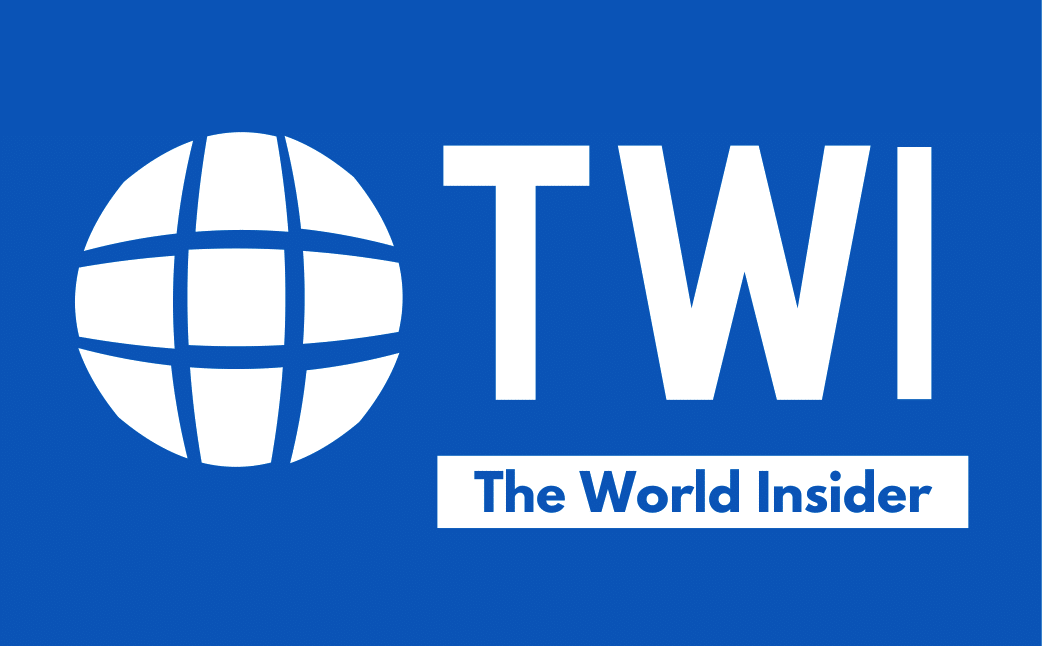The United States and China have agreed to push to stabilize relations to avoid veering into conflict but did not announce any dramatic breakthroughs during a rare visit by U.S. Secretary of State Antony Blinken to Beijing.
Blinken is the first top United States diplomat to visit Beijing in five years. Blinken capped the two-day (June 18-19) visit to Beijing with a nearly 35-minute with Chinese President Xi Jinping.
“Direct engagement – sustained communications at senior levels – is the best way to responsibly manage our relationship. It’s the best way to responsibly manage the differences, the deep differences that we have, to make sure that the competition that we’re in doesn’t veer into conflict” Blinken said speaking to reporters at the U.S. Embassy in Beijing after his meeting with the Chinese leader. “I heard the same from my Chinese counterparts,” Blinken said. “We both agree on the need to stabilize our relationship.”
Had a candid, substantive, and constructive conversation with People’s Republic of China President Xi Jinping in Beijing today. We discussed a range of important issues, including the need to manage our relationship responsibly. pic.twitter.com/Q8kuMm6kly
— Secretary Antony Blinken (@SecBlinken) June 19, 2023
In his opening remarks to Blinken before their closed-door meeting at the Great Hall of the People, President Xi said: “State-to-state interactions should always be based on mutual respect and sincerity. I hope that Secretary Blinken, through this visit, could make positive contribution to stabilizing China-U.S. relations.”
“The Chinese side has made our position clear, and the two sides have agreed to follow through the common understandings President Biden and I had reached in Bali,” Xi told the U.S. secretary of state, adding that the “two sides have also made progress and reached agreement on some specific issues”.
Blinken also stressed keeping the lines of communication open. “I came to Beijing to strengthen high-level channels of communication, to make clear our positions and intentions in areas of disagreement, and to explore areas where we might work together on our interests, align on shared transnational challenges, and we did all of that,” Blinken said.
The world’s two biggest economies seek to patch up ties that have strained over geopolitical, trade, and technology tensions.
Meeting with Wang Yi
Before meeting with Xi, Blinken also held detailed talks with China’s top diplomat Wang Yi and Foreign Minister Qin Gang.
During the meeting with Wang Yi, Blinken “underscored the importance of responsibly managing the competition” between the two countries “through open channels of communication to ensure competition does not veer into conflict,” according to the State Department.
Video: Senior Chinese diplomat Wang Yi meets U.S. Secretary of State Blinken pic.twitter.com/V0EIprLBSt
— CGTN (@CGTNOfficial) June 19, 2023
China’s media quoted Wang Yi saying that “it is necessary to make a choice between dialogue or confrontation, cooperation or conflict.” It blamed the “U.S. side’s erroneous perception of China, leading to incorrect policies towards China” for the current “low point” in relations.
The two sides discussed a range of global and regional security issues, including Russia’s war of aggression against Ukraine, North Korea’s provocative actions, and U.S. concerns over intelligence activities in Cuba, the State Department said.
‘No immediate progress’ on military-to-military communications
America’s top diplomat left Beijing without progress on one of the key issues — restoring military-to-military communications between the U.S. and China. Blinken said China is not ready to resume military-to-military contacts, something the U.S. considers crucial to avoid miscalculation and conflict, particularly over Taiwan.
“At this moment, China has not agreed to move forward with that. I think that’s an issue that we have to keep working on. It is very important that we restore those channels,” he said.
Blinken meets Chinese counterpart
In the first round of talks on Sunday, Blinken held a nearly six hours long meeting with Chinese Foreign Minister Qin Gang, after which both countries said they had agreed to continue high-level discussions.
The top U.S. diplomat described his conversations with top Chinese officials Wang Yi and Qin Gang as “candid, substantive and constructive,” and said his meeting with China’s president was “important.”
Chinese Foreign Ministry said that during the meetings “the Chinese side had clarified the root cause of the current difficulties in China-U.S. relations, which is the wrong perception of China by the U.S. side.”
Today, I met with People’s Republic of China State Councilor and Foreign Minister Qin Gang in Beijing and discussed how we can responsibly manage the relationship between our two countries through open channels of communication. pic.twitter.com/dPkd0aWQ5J
— Secretary Antony Blinken (@SecBlinken) June 18, 2023
In his meetings, Blinken also pressed the Chinese to release detained American citizens and to take steps to curb the production and export of fentanyl precursors that are fueling the opioid crisis in the United States.
Experts in both countries believe that the China-U.S. relationship is at its lowest point since its establishment. Tensions soared in February after American fighter jets shot down an alleged Chinese surveillance balloon over the U.S. skies after drifting across the continental United States. The incident prompted Blinken to cancel an imminent trip to Beijing.
However, there have been some high-level engagements recently. CIA chief William Burns traveled to China in May. But earlier this month, China’s defense minister rebuffed a request from U.S. Defense Secretary Lloyd Austin for a meeting on the sidelines of the security summit called Shangri-La Dialogue in Singapore.




